. . SUSTAINABLE DEVELOPMENT . .
An article from Planet Detroit
Patrick Crouch has been spending long days in the greenhouse over the past few weeks, seeding and growing out transplants for eventual distribution to gardens across the city.
As a program manager at Earthworks Urban Farm, Crouch sees his role taking on a new importance during the COVID-19 crisis. “If you can get people to go out to the store once a month and just stockpile staples and then they are able to get fresh produce out of their backyard, you can really limit their movement,” he says.
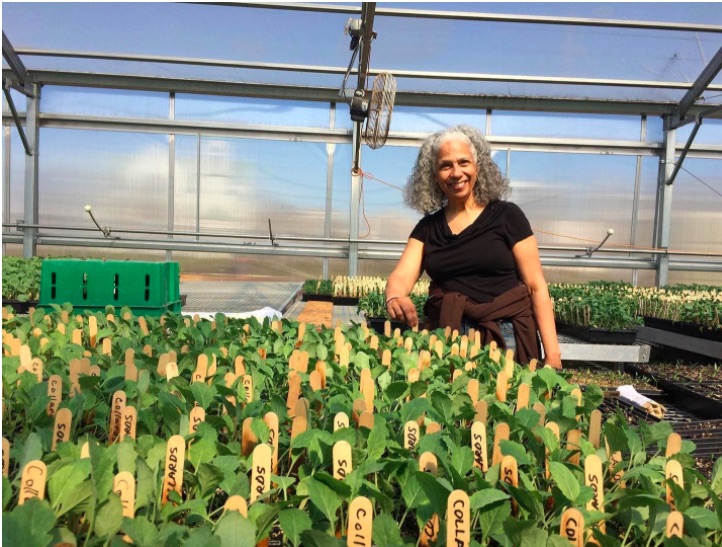
Photo courtesy Keep Growing Detroit
Gardening seems to be having a moment as the crisis pushes people to find constructive ways to use their time, reduce trips to the grocery stores, and benefit from its therapeutic aspects.
But with Governor Whitmer’s recent order shutting down the sale of landscaping and gardening supplies in stores larger than 50,000 square feet, some are anxious about getting their gardens planted. Note: Politifact debunks the claim that it is illegal to purchase farm and garden supplies in Michigan.
Detroit’s farm and garden community have had to adapt to new realities — including helping their workers and customers stay safe and adjusting to an expected increased need for fresh food. They’re working hard to grow as much as possible with limited staff and doing without volunteer labor.
Crouch says other operations at the Earthworks, like selling fresh produce and giving food to the Capuchin Soup Kitchen, have had to take a back seat to transplant production. “The ability to keep people in place and…have nourishing food seems like the most impactful work we can do right now,” says Crouch.
Ashley Atkinson, co-director of Keep Growing Detroit (KGD), which runs the Garden Resource Program that supplies more than unemployment skyrocket at the same time food banks are seeing a huge spike in demand.
Kristin Sokul, a spokesperson for Gleaners Community Foodbank, told Planet Detroit that the organization distributed an additional 4 million pounds of food in Southeast Michigan since the crisis began— an increase of twenty-five percent. Although Gleaners has been able to maintain the volume of food they’re providing, they’ve run out of some items and are seeing long lines at pickups.
Homegrown produce could help this situation. But farmers are finding they need to adjust their operations in ways that can slow progress. For example, KGD’s distributions of plants and seeds are normally communal events that take place in locations throughout the city. However, this year, they plan on transitioning to curbside pickup to minimize or eliminate contact between KGD’s staff and program participants.
(Article continued on right side of page)
How can we work together to overcome this medical and economic crisis?
(article continued from left side of page)
Although there’s currently a waiting list for resources, Atkinson encourages people to contact KGD if they’re looking for seeds and plants. KGD has shifted its resources and programs by moving as much of the educational part of their programming online as possible via free webinars and Facebook live events and is doubling down on growing as much food as possible in its own farms and gardens.
Now, with the COVID-19 crisis hitting Detroit hard and revealing issues with local food supply-chains — like how much of it caters to restaurants and wholesalers instead of residents — Atkinson believes the work that her organization has done can help show a way forward.
“We’ve worked for two decades to build the capacity of this community to be able to feed itself,” Atkinson says of the work KGD has done to help create food sovereignty in the city.
For-profit farmers also face a series of hard choices during the pandemic. Andy Chae runs Fisheye Farms with his wife Amy Eckert in Detroit’s Core City neighborhood. They’ve had to alter how they move produce in the last month or so, from selling primarily to restaurants to taking online orders from individuals for boxes of food that include items from other growers like Brother Nature Produce , Rising Pheasant Farms and The Mushroom Factory.
On the bright side, Chae says the crisis has increased Fisheye Farms’ visibility; they’ve gained 1,000 followers on Instagram since the stay-at-home-order went into place in Michigan. The increased following led to the farm selling about 30 boxes of produce in two different sizes at their last weekly farm stand, according to Chae.
To decrease interactions with the public, Fisheye Farms is using a pre-sale model where payments are made online and the only interaction is picking up the produce. Chae is also using overturned pails as “social distancing buckets” to help customers maintain separation between themselves during pickups. On the back end, workers harvest with gloves and face masks and are keeping volunteers off the farm for now.
Going forward, Chae says they plan to start a community-supported agriculture (CSA) program for the season, where customers buy a share of the farm’s produce for the upcoming season and make weekly pickups. They may also team up with local restaurants to take turns selling produce, giving customers more options for when and where they can pick up food.
Chae says that a small, highly diversified farm like his can weather the economic downturn and he’s grateful to have meaningful work, but adds, “I’m burning out a little bit already, which usually I’m burning out in August and not in April.”
For his part, Crouch is wondering if the new emphasis on people growing more of their own food or picking it up from a neighborhood farmer will become a permanent part of the way the city’s food producers operate going forward.
But more immediately, he needs to figure out what Earthworks’ crop plan is going to look like this season, considering that the soup kitchen might not be able to process certain things without volunteers and that the farm stand may have to be run differently to keep people safe.
“I’ve got to move from debate to action pretty soon,” Crouch says, contemplating the asparagus and greenhouse crops that will need to be harvested shortly. “I think we can hold for another couple of weeks before things really start coming on.”

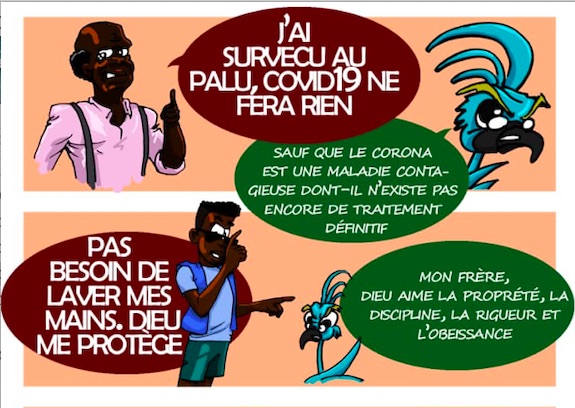
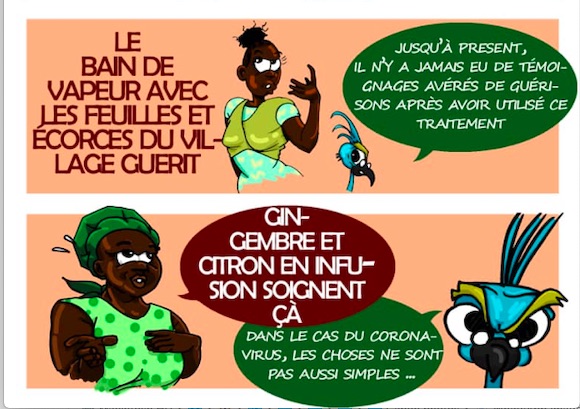




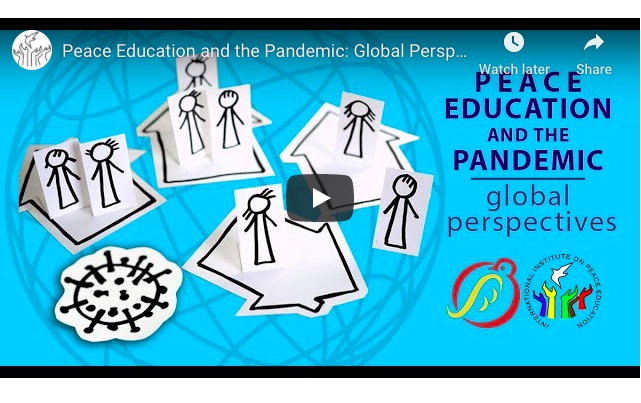
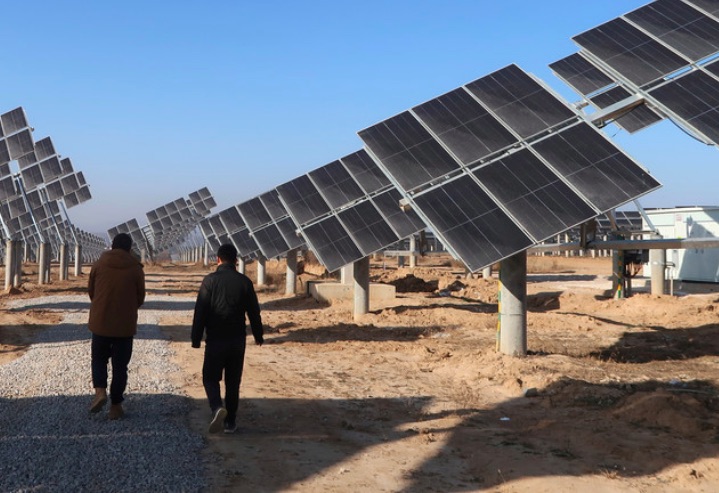



 Video of Webinar
Video of Webinar